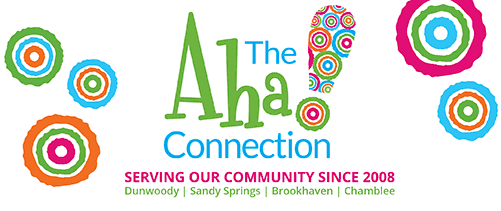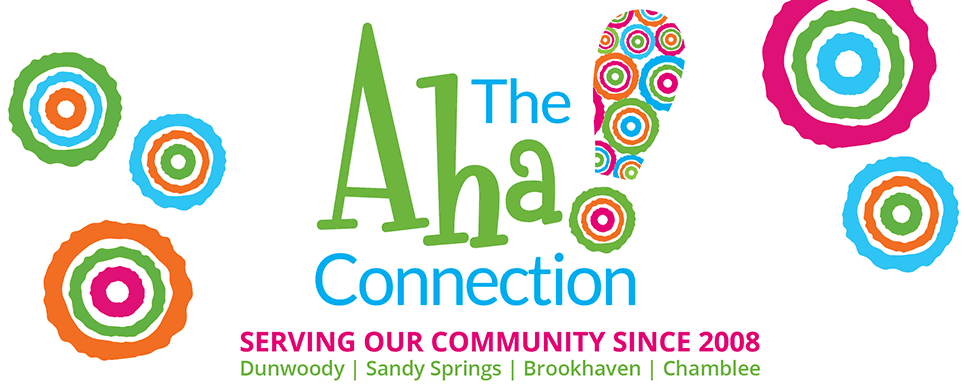By Lisa Parks
 The majority of independent, assisted, and memory care communities have established strict no visitor policies during the COVID-19 pandemic, with end-of-life compassion visitation as the rare exception, leaving many families to weigh the decision whether to bring mom or dad temporarily home. Companion care can help address these changes during the COVID-19 crisis.
The majority of independent, assisted, and memory care communities have established strict no visitor policies during the COVID-19 pandemic, with end-of-life compassion visitation as the rare exception, leaving many families to weigh the decision whether to bring mom or dad temporarily home. Companion care can help address these changes during the COVID-19 crisis.
For an in-home non-medical care company like Angel Companions, the decision to continue working with families was simply the continuation of its goal, providing the finest compassionate care for loved ones wherever they prefer to live.
But to do this in the environment of a novel virus meant reviewing best health practices and implementing firm, new procedures.
“COVID-19 has changed the way we do business,” said Angel Companions vice president and general manager Elizabeth Herrington.
New policies extend beyond former CDC recommendations for influenza and other infectious diseases, to now include caregivers wearing masks, and knowing the status of employees’ contact with others when serving susceptible populations.
“We assess any known risk factors, such as their travel to areas with widespread outbreaks or local contact in areas known to have reported cases,” she said. “We advise our caregivers not to report to work if they are deemed high-risk.”
So, even as socializing at a distance remains the new collective reality, Angel Companions professional caregivers continue to care for loved ones’ non-medical needs in the home. For older adults and people of any age with an underlying health condition, home is the safest place to be, according to the health experts.
 “When this virus subsides,” Herrington said, “I believe we will continue with many of our new protocols and continue to be more vigilant about our homecare services.”
“When this virus subsides,” Herrington said, “I believe we will continue with many of our new protocols and continue to be more vigilant about our homecare services.”
Herrington noted that she recognizes the numerous factors involved with the decision to bring another person into the home during the uncertainty of a novel virus. “We face similar concerns,” she said, “which is why we have enacted fluid, but firm care guidelines.”
In addition to following the latest recommended procedures from the CDC and State of Georgia Department of Community Health, Angel Companions seeks input from both clients and caregivers to ensure that everyone feels safe, cared for and connected.
The decision to address this pandemic with strict attention to both clients and care providers’ health safety was an easy one for Herrington. “The safety and well-being of our clients is our utmost priority,” she said. “All of our clients and caregivers are getting well-check calls. We want to make sure everyone is remaining healthy and well.”
Financial Decision-making
According to Herrington, if a family determines that home is the best place for their loved one –even temporarily –Angel Companions will work with them to define a schedule, and the care needs that best fit. The company has a no-contract, no time commitment policy.
“We understand that each families’ needs, finances, and discretionary time varies,” she said. “There is a great deal of difference between a single couple taking care of mom, and sharing the duties, versus a family of four with two working parents whose time is already stretched thin.”
In the case of families separated by distance, or an elder couple living alone, companion care can fulfill not only practical care needs but lessen an already anxiety-producing environment for everyone.
In addition to helping a loved one with their health and hygiene needs, light housekeeping, and meal prep, Angel Companions caregivers can pick up prescriptions, groceries, and other tasks that will allow them to remain at home and lessen the risk of exposure.
“We are working with our clients and family members to make sure they have everything they need during the pandemic,” Herrington said. “We have been delivering gloves, masks, cleaning supplies, and meals to our clients and their families.
“Not only does one-on-one care in the home provide a better service for your loved one, but in-home care keeps them safe.”


